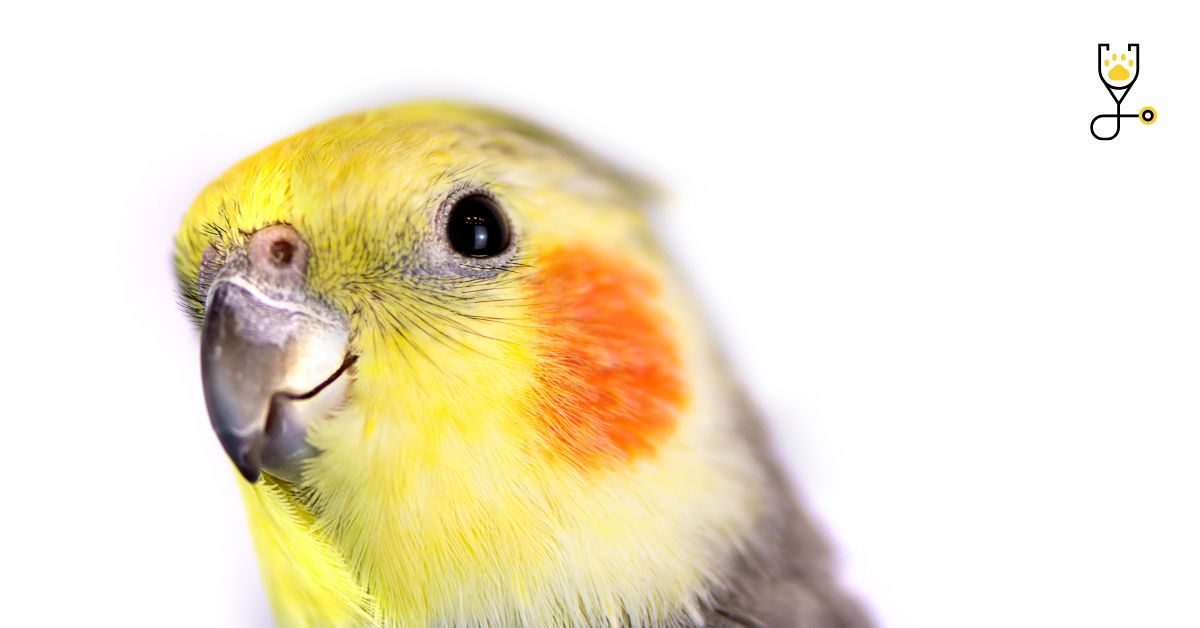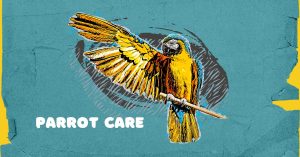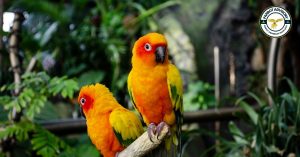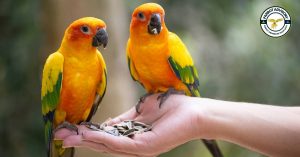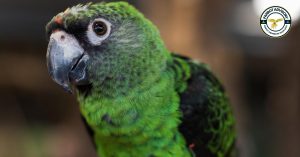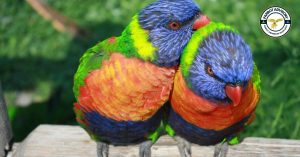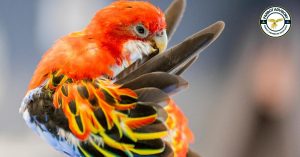Are you thinking about breeding cockatiels? It’s an exciting yet delicate venture that requires research and commitment to be successful – but doesn’t worry, we’ve got you covered! In this post, we’ll cover all the basics of cockatiel breeding: from setting up their environment to determining which birds are suitable mating partners. We will discuss topics such as establishing a nestbox or nesting shelf, bird sexing techniques, diet considerations for eggs and chicks, frequent questions surrounding the fertility cycle of these birds, and more. Read on to become an expert in everything related to cockatiel breeding!
What are Breeding Cockatiels?
Cockatiels, or Nymphicus hollandicus, are a species of parrot native to Australia. Members of this species have been selectively bred for over 150 years and come in a variety of colors and patterns due to selective breeding. As a result, they’ve become one of the most popular pet birds known today.
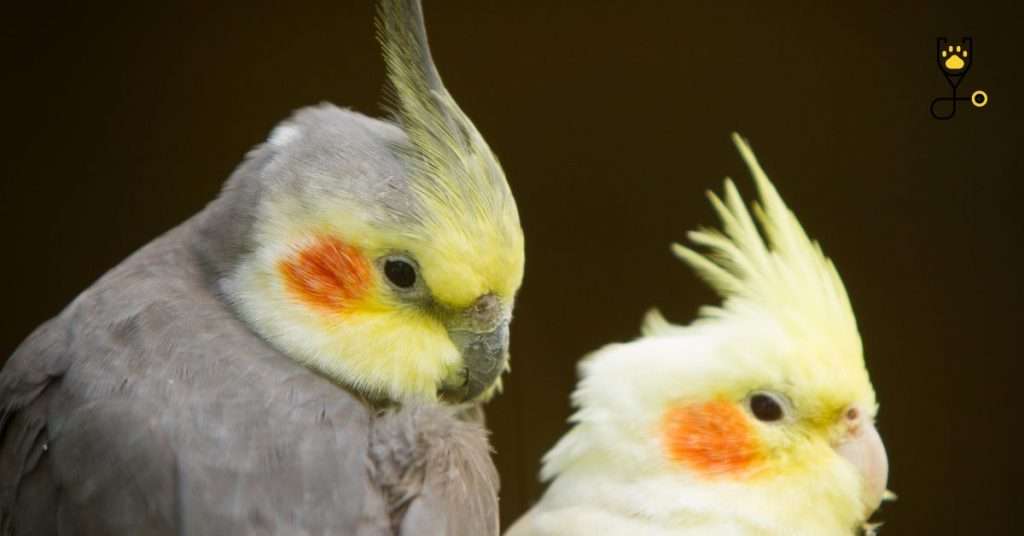
Caring and Feeding
1. Setting Up A Breeding Environment
The most important factor in successful cockatiel breeding is providing the birds with a suitable environment. This includes setting up nesting boxes or shelves, providing adequate lighting and ventilation, and establishing temperatures within the bird’s comfort zone.
2. Choosing Suitable Mating Partners
In order to ensure the health of offspring, it’s important to choose mating partners that are healthy and compatible. The best way to do this is by researching the breeding records of both prospective parents in order to identify any genetic disorders or diseases they may carry.
3. Bird Sexing Techniques
Before choosing a mate for your cockatiel, you’ll need to know the sex of both birds. There are several methods available for determining the sex of a cockatiel, including visual examination, DNA testing, and vent sexing.
4. Diet Considerations for Eggs and Chicks
In order to ensure your cockatiels produce healthy offspring, it’s important to provide them with a nutritious diet throughout the breeding process. This includes providing a balanced diet before and during egg laying, as well as special diets for chicks.
5. Understanding Fertility Cycles
It’s important to understand the normal fertility cycle of cockatiels in order to increase your chances of success when breeding. This includes understanding when the birds are most likely to mate, and how often they will lay eggs.
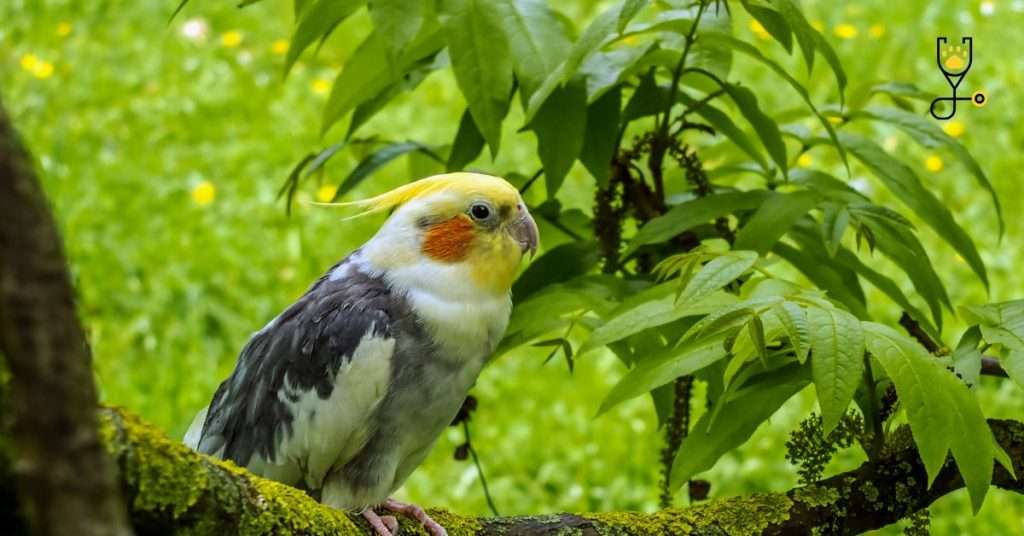
6. Nestbox or Shelf Setup
Once you’ve determined the sex of your cockatiels and chosen suitable mating partners, it’s time to set up their nesting box or shelf. The size of the nest box should be appropriate for the size of your birds, and it should be placed in an area that provides enough privacy and protection from predators.
7. Hand-Feeding Chicks
In some cases, hand-feeding may be necessary to ensure the health of newly hatched chicks. This involves providing a special formula specifically designed for cockatiel chicks and monitoring their progress to ensure they’re receiving enough nutrition
8. Establishing Good Breeding Habits
Once you’ve successfully bred a pair of cockatiels, it’s important to establish good breeding habits in order to ensure the health and safety of both birds and chicks. This includes providing clean housing conditions, maintaining a regular feeding schedule, and allowing the birds plenty of time to rest.
9. Recognizing Breeding Problems
It’s important to be aware of any potential breeding problems that may arise during the course of your cockatiel breeding experience. These include egg binding, broodiness, egg desertion, fertility issues, and more. Knowing how to recognize and treat these problems is essential for successful cockatiel breeding.
10. Socialization Tips
Socialization is an important part of keeping your cockatiel flock healthy and happy, as well as ensuring the health and safety of the chicks they produce. This includes providing adequate space for each bird in their environment, introducing new birds slowly into a flock, and providing plenty of toys and activities.
Conclusion
Cockatiel breeding is a rewarding experience, but it requires careful planning, research and dedication. By understanding the basics of cockatiel breeding and providing suitable conditions for mating pairs and chicks, you can increase your chances of success when breeding these popular pet birds. With the above steps and considerations in mind, you can look forward to a successful cockatiel breeding experience. By providing your birds with adequate care and nutrition, as well as understanding their fertility cycles and recognizing potential breeding problems, you can ensure the health and safety of both your birds and chicks. With patience, dedication, and proper knowledge of the basics of cockatiel breeding, you can enjoy many rewarding experiences with these remarkable animals. So remember – be prepared, do your research, and have fun! Good luck!
FAQs
A: Providing a balanced diet before and during egg laying, as well as special diets for chicks, will help ensure your cockatiels produce healthy offspring. High-quality seed mixes, fresh vegetables, fruits, and protein sources such as cooked egg or mealworms are all suitable foods for cockatiels.
A: There are several methods for determining the sex of a cockatiel, including visual examination, DNA testing and vent sexing. Vent sexing involves gently squeezing the abdomen of your bird while looking at its vent area to identify physical differences between males and females. This should only be done by an experienced avian vet.
A: Adult cockatiels typically need to be fed about twice a day, although if you are breeding them the frequency may increase depending on their needs. Newly hatched chicks will need to be fed several times a day until they reach adult size. It’s best to consult with your avian veterinarian for specific advice on feeding your birds and chicks.
A: Cockatiel eggs usually take around 18-21 days to hatch, although this can vary slightly between species and individual birds. Eggs should be kept at a consistent temperature and humidity level throughout the incubation period to ensure successful hatching.
A: Cockatiels can live up to 15 years in captivity, although their average lifespan is usually around 10-12 years with proper care. Providing your birds with healthy food, adequate housing space and mental stimulation will help them achieve their full longevity potential.
A: There are several possible reasons why your cockatiel may not be producing eggs or chicks. It could be due to hormonal imbalances, environmental factors such as stress or insufficient nutrition. If this is the case, your avian veterinarian can provide you with advice to help get your birds back on track. Alternatively, if there are no underlying medical issues, it may be a sign that the birds are too young or not yet sexually mature. In this case, waiting until they reach the proper age and hormone levels should result in successful reproduction.

